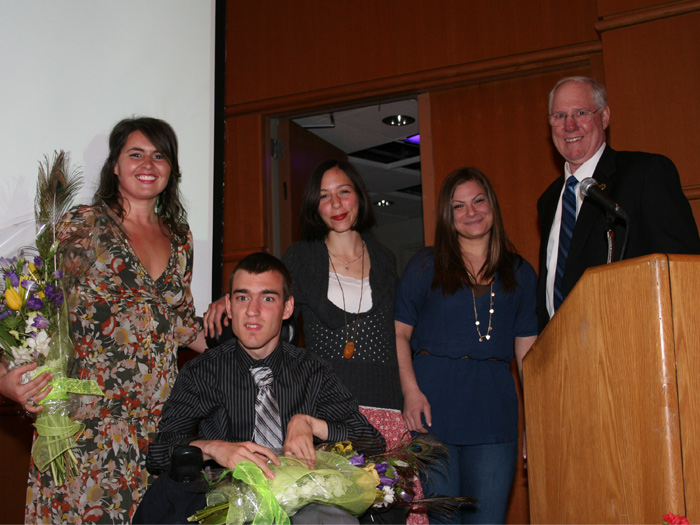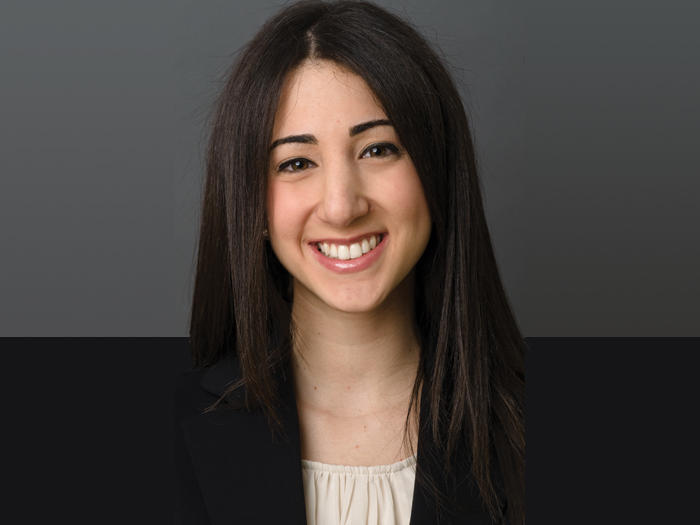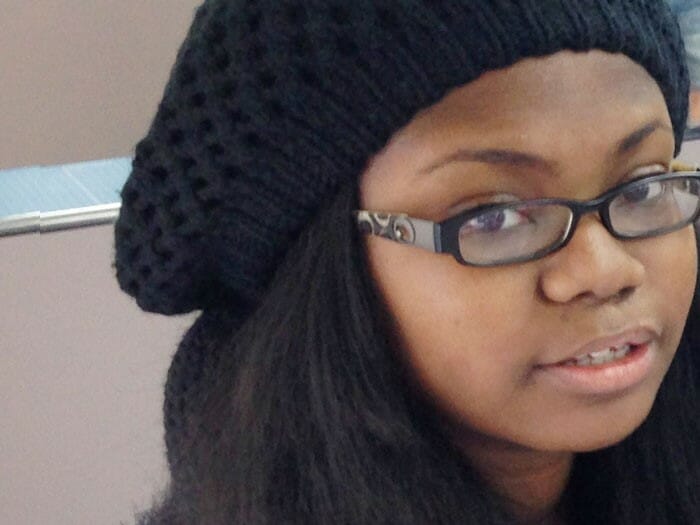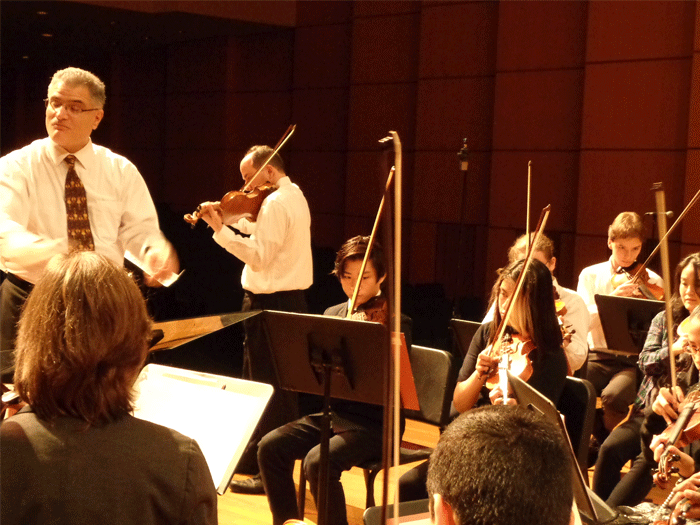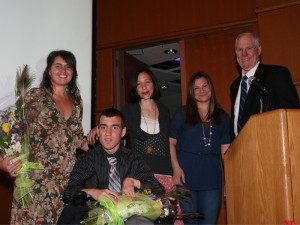 The 20th Annual Willowbrook Memorial Event, held at the College of Staten Island last month, honored those who suffered due to the harsh conditions at the Willowbrook State School, raised awareness of people with disabilities, and called for further reforms in the rights of people with disabilities.
The 20th Annual Willowbrook Memorial Event, held at the College of Staten Island last month, honored those who suffered due to the harsh conditions at the Willowbrook State School, raised awareness of people with disabilities, and called for further reforms in the rights of people with disabilities.
With the help of the Center for Student Accessibility and the Office of Technology Systems, this was the first time the event was student led, with CSI seniors Erica Zito and Lisa LaManna hosting.
“We’ve got the best students in the world,” said CSI President Tomás D. Morales as he referred to the efforts put forth by some of CSI’s best and brightest. He also called the event a chance to “reflect on, honor, and celebrate the Willowbrook decree.”
Other speakers at the event included Henry Kennedy Esq., who presented a legal and historical perspective on the Willowbrook Consent Decree; Professor Edward F. Meehan, who discussed the challenges that diversity creates for society from a psychological framework and why and how inclusion and compassion enter the curriculum; and Dr. Michael Kress, who fielded questions from the audience.
The Willowbrook Consent Decree, published on April 30, 1975, was the first step of many that led to major reform in the treatment of people with disabilities. President Morales reiterated the importance of the CSI community to celebrate the decree by saying, “We sit on ground zero of the disabilities civil rights movement.”
David Goode, Professor of Sociology, Anthropology, and Social Work, was thrilled to see CSI students take over the reins of such a special event. “Having students speaking at this lecture has and will change this event for the good,” he said. He also pointed out the many other students who participated including James Marlow, who built a very detailed storyboard about Willowbrook and the several students (some of whom are students with disabilities) who recently built “Little Fe,” a six-cluster super computer capable of running several programs at once.
The highlight of the event was the 30-minute multimedia presentation, introduced and produced by Zito and LaManna entitled “Inclusion: Far-Reaching Benefits for Social Growth.” The video included many CUNY students and honored their accomplishments with an eye toward the future of increasing the graduation rate of students with disabilities. “We wanted to show that this event was about inclusion—inclusion of people with disabilities into mainstream society,” said Zito, who had been working on the presentation for several months. The purpose of having students headline the event was to show that people (such as Zito and LaManna) did not have to “live and remember Willowbrook in order to care about people with disabilities. It is already included within the cultural web in which we’ve grown up.”
The packed auditorium was filled with CSI students, faculty, and staff, all sharing a space that was once associated with terrible neglect and exclusion.
As Professor Goode put it, the Willowbrook Decree is about “common people who banded together to defeat evil.” At CSI, that is a battle everyone is willing to fight.
Willowbrook State School
The College of Staten Island collects items that document the history of the Willowbrook State School, which occupied from 1948 to 1987 the campus now owned by CSI. The Archives & Special Collections do not hold any administrative or medical records from the Willowbrook State School, but rather archival materials of historical significance. Researchers have access to a wealth of printed material concerning the operation of the Willowbrook State School, including: Giraldo Rivera’s book and television report on Willowbrook, oral histories, dissertations, reports, and other published material. For further information, please see the Guide to Willowbrook State School Resources at the CSI Library, located under Research Assistance. Read more from the CSI Archives and Special Collections>

